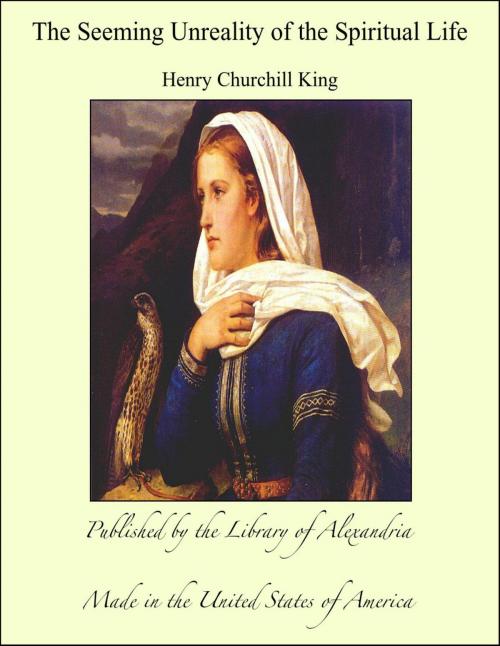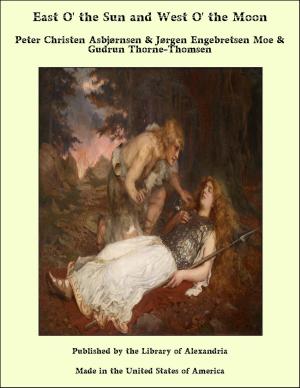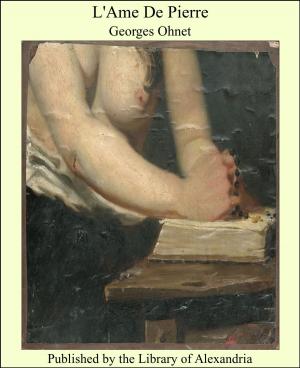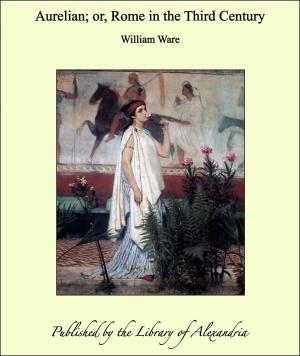The Seeming Unreality of the Spiritual Life
Nonfiction, Religion & Spirituality, New Age, History, Fiction & Literature| Author: | Henry Churchill King | ISBN: | 9781465578457 |
| Publisher: | Library of Alexandria | Publication: | March 8, 2015 |
| Imprint: | Language: | English |
| Author: | Henry Churchill King |
| ISBN: | 9781465578457 |
| Publisher: | Library of Alexandria |
| Publication: | March 8, 2015 |
| Imprint: | |
| Language: | English |
Our deepest need, always, for any ideal view or for any ideal life, is faith in the reality of the spiritual, faith in a God who can save us from being at constant war with ourselves. We all need a God, who can make rational and consistent our deepest longings, aspirations, and purposes; who can save us at least from counting as illusions all that in us which ourselves being judges—is worthiest and most deserving to abide;—who can save us from "glorying in having renounced that which no one has ever any right to renounce." In all this, religion does not stand alone; it makes common cause with every ideal interest and aim, of whatever kind. The aesthetic, the ethical, the philosophical, the scientific, the broadly rational of every sort, are equally concerned. Our problem is nowhere that narrow and mistaken one of the so-called "harmony of science and religion," but rather that more serious question—Have we any justifiable ideals? is there any standard for men and for life, except a pettily utilitarian one? When we think our life through to the bottom, when we carry our thought of the world to the farthest limit possible to our thinking, shall we then find our best self an illegitimate offspring of pride and error, standing naked and laid open unto that eye of reason which pierces all shams? or shall we find that rational judgment itself forced to own itself to be, in common with all other ideals, the child of faith in God, and of faith in a spiritual world whose reality we cannot doubt and continue to think at all? This is the central question of this little book.
Our deepest need, always, for any ideal view or for any ideal life, is faith in the reality of the spiritual, faith in a God who can save us from being at constant war with ourselves. We all need a God, who can make rational and consistent our deepest longings, aspirations, and purposes; who can save us at least from counting as illusions all that in us which ourselves being judges—is worthiest and most deserving to abide;—who can save us from "glorying in having renounced that which no one has ever any right to renounce." In all this, religion does not stand alone; it makes common cause with every ideal interest and aim, of whatever kind. The aesthetic, the ethical, the philosophical, the scientific, the broadly rational of every sort, are equally concerned. Our problem is nowhere that narrow and mistaken one of the so-called "harmony of science and religion," but rather that more serious question—Have we any justifiable ideals? is there any standard for men and for life, except a pettily utilitarian one? When we think our life through to the bottom, when we carry our thought of the world to the farthest limit possible to our thinking, shall we then find our best self an illegitimate offspring of pride and error, standing naked and laid open unto that eye of reason which pierces all shams? or shall we find that rational judgment itself forced to own itself to be, in common with all other ideals, the child of faith in God, and of faith in a spiritual world whose reality we cannot doubt and continue to think at all? This is the central question of this little book.















